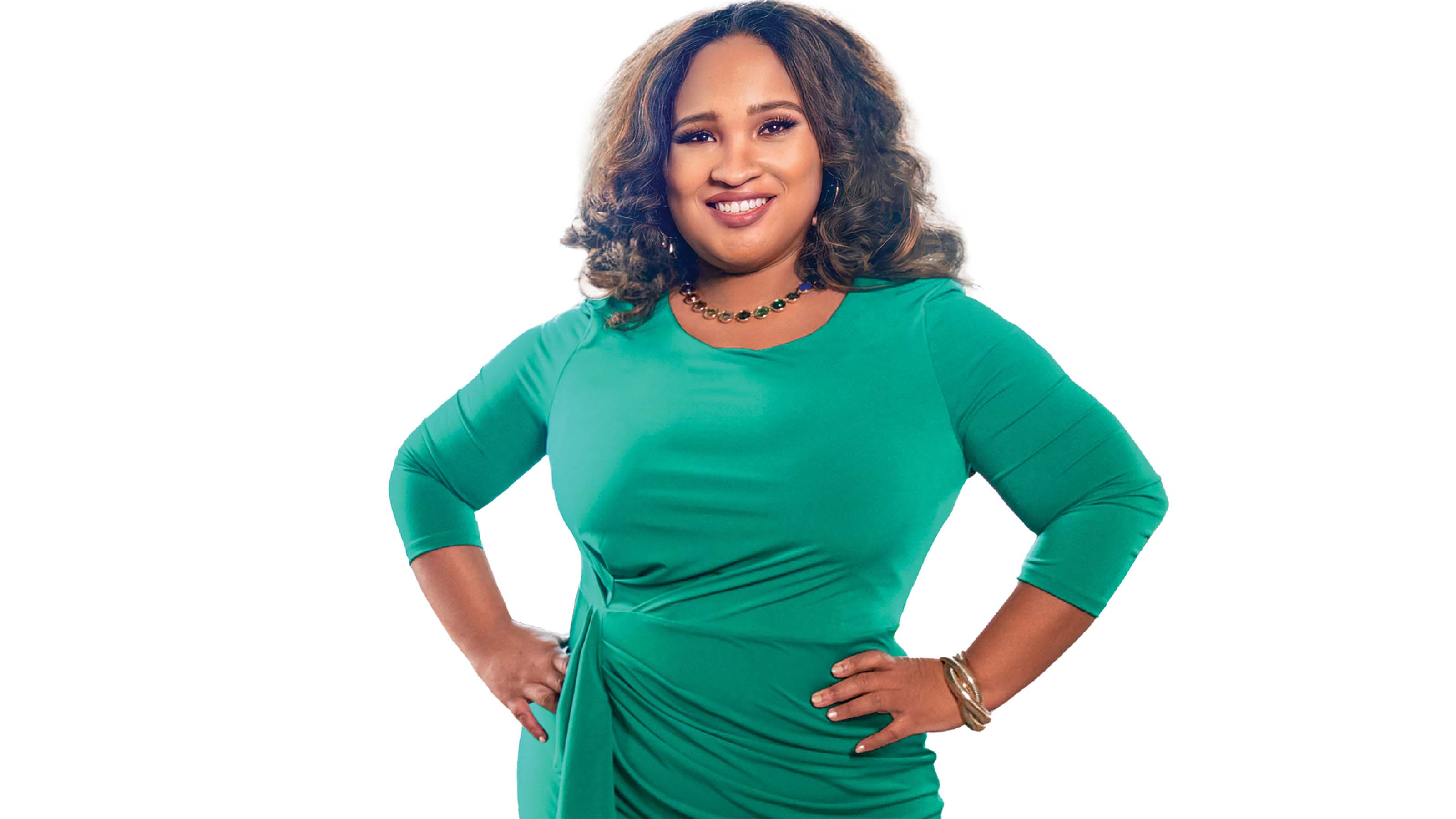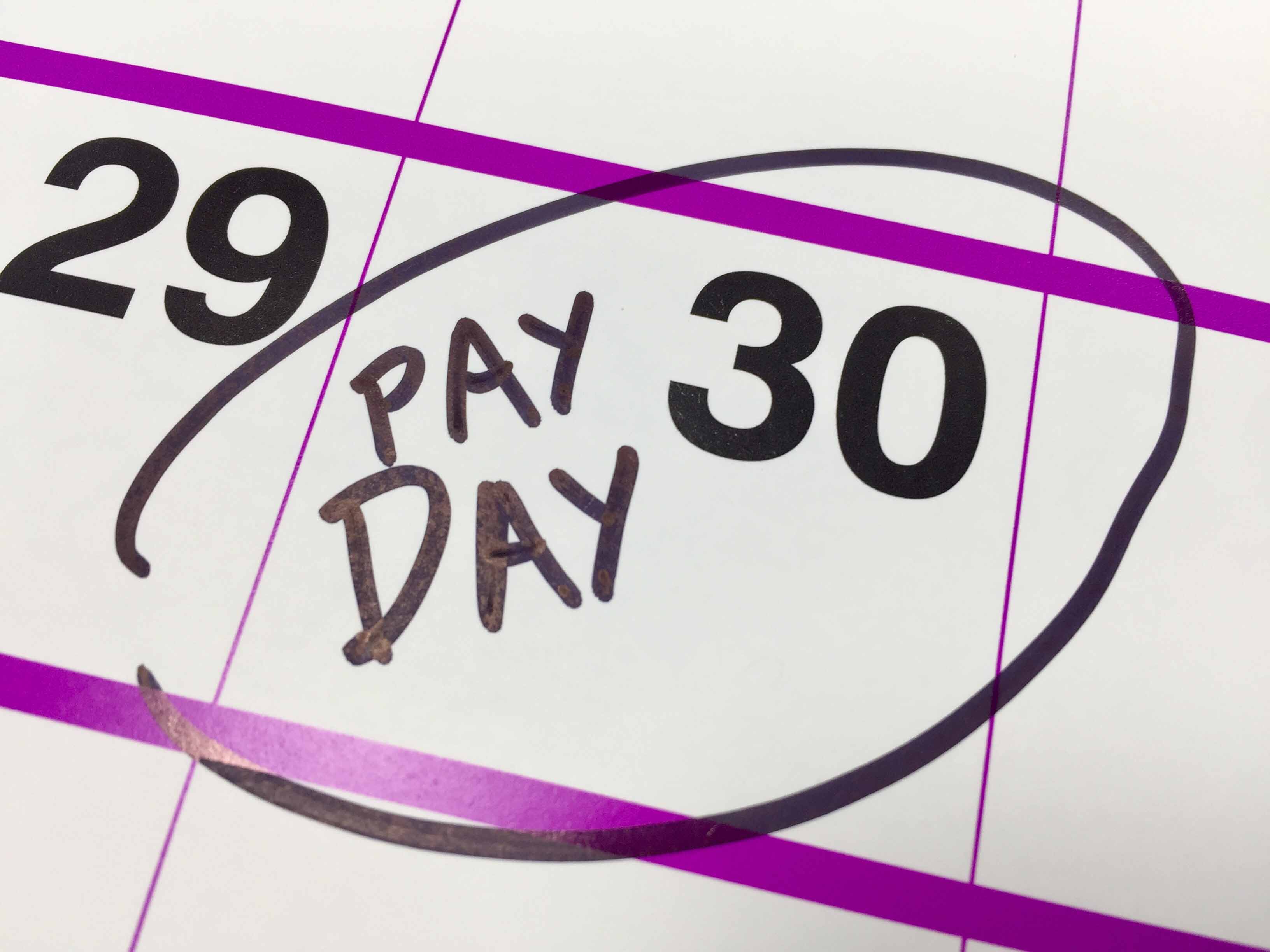What Happens to Your FSA If You're Laid Off
You usually have to spend money in your flexible spending account before you lose your job.

Profit and prosper with the best of Kiplinger's advice on investing, taxes, retirement, personal finance and much more. Delivered daily. Enter your email in the box and click Sign Me Up.
You are now subscribed
Your newsletter sign-up was successful
Want to add more newsletters?

Delivered daily
Kiplinger Today
Profit and prosper with the best of Kiplinger's advice on investing, taxes, retirement, personal finance and much more delivered daily. Smart money moves start here.

Sent five days a week
Kiplinger A Step Ahead
Get practical help to make better financial decisions in your everyday life, from spending to savings on top deals.

Delivered daily
Kiplinger Closing Bell
Get today's biggest financial and investing headlines delivered to your inbox every day the U.S. stock market is open.

Sent twice a week
Kiplinger Adviser Intel
Financial pros across the country share best practices and fresh tactics to preserve and grow your wealth.

Delivered weekly
Kiplinger Tax Tips
Trim your federal and state tax bills with practical tax-planning and tax-cutting strategies.

Sent twice a week
Kiplinger Retirement Tips
Your twice-a-week guide to planning and enjoying a financially secure and richly rewarding retirement

Sent bimonthly.
Kiplinger Adviser Angle
Insights for advisers, wealth managers and other financial professionals.

Sent twice a week
Kiplinger Investing Weekly
Your twice-a-week roundup of promising stocks, funds, companies and industries you should consider, ones you should avoid, and why.

Sent weekly for six weeks
Kiplinger Invest for Retirement
Your step-by-step six-part series on how to invest for retirement, from devising a successful strategy to exactly which investments to choose.
I've been contributing $200 per month to my health-care flexible spending account, but it looks as though I might get laid off soon. Could I spend the full $2,400 that I had planned to contribute for the year, or just the $600 that I've contributed so far?
There's good news and bad news about FSA contributions. On the bright side, you can use the full $2,400 for eligible medical expenses at any time -- even if you lose your job before the year is over. "An employer cannot ask for the money back in most cases, unless the plan is written in a certain way, which is highly unusual," says Jody Dietel, chief compliance officer for WageWorks, which administers FSAs for many large employers. Ask your employer about the rules before you spend the extra money.
| Row 0 - Cell 0 | Get COBRA Coverage for Less |
| Row 1 - Cell 0 | How the Stimulus Helps Laid-Off Workers |
| Row 2 - Cell 0 | What You Need to Know About Unemployment Benefits |
But you usually have to spend the money before you lose your job, or else you lose the remaining cash in the account. If you think that your job may be in jeopardy, this could be a good time to visit the dentist, eye doctor and pharmacist and to buy an extra pair of eyeglasses. You can submit the paperwork even after you lose your job, as long as you incurred the expenses before your termination. "There's typically a claims run-out period that gives you some extra time to submit eligible claims for reimbursement," says Kelly Traw, of Mercer, a health-benefits consulting firm.
From just $107.88 $24.99 for Kiplinger Personal Finance
Become a smarter, better informed investor. Subscribe from just $107.88 $24.99, plus get up to 4 Special Issues

Sign up for Kiplinger’s Free Newsletters
Profit and prosper with the best of expert advice on investing, taxes, retirement, personal finance and more - straight to your e-mail.
Profit and prosper with the best of expert advice - straight to your e-mail.
There may be a way, however, to buy yourself some extra time to use the cash in the account. Some employers give you until the end of the month to use the money, or you might be able to sign up to extend your FSA benefits under COBRA - the same federal law that lets employees keep group health insurance for up to 18 months after they leave their jobs. Most companies with 20 or more employees are required to offer COBRA coverage, which also applies to money in flexible spending accounts. You don't have to use COBRA for health insurance to have COBRA coverage for your flex plan; they're separate from one another.
To keep your FSA open, you would continue making the same monthly contribution plus a 2% charge. So if you signed up to contribute $200 every month while working, you'll contribute $204 per month to keep COBRA coverage for your flexible spending account. For most health-care FSAs, COBRA is offered only if your year-to-date contributions exceed your year-to-date claims when you leave your job, says Dietel. Then you can pay for COBRA for just a month or two while you use the FSA money for health-care costs (the contributions are after-tax when you're no longer an employee; they were made pretax while you were still employed).
You can use the FSA money for eyeglasses, contact lenses, prescription drugs and many nonprescription medications, dental care, and a lot of other medical expenses that insurance doesn't cover. For more information about uses for the money in your flex account, see 25 Ways to Spend Your Flex Account.
Profit and prosper with the best of Kiplinger's advice on investing, taxes, retirement, personal finance and much more. Delivered daily. Enter your email in the box and click Sign Me Up.

As the "Ask Kim" columnist for Kiplinger's Personal Finance, Lankford receives hundreds of personal finance questions from readers every month. She is the author of Rescue Your Financial Life (McGraw-Hill, 2003), The Insurance Maze: How You Can Save Money on Insurance -- and Still Get the Coverage You Need (Kaplan, 2006), Kiplinger's Ask Kim for Money Smart Solutions (Kaplan, 2007) and The Kiplinger/BBB Personal Finance Guide for Military Families. She is frequently featured as a financial expert on television and radio, including NBC's Today Show, CNN, CNBC and National Public Radio.
-
 How Much It Costs to Host a Super Bowl Party in 2026
How Much It Costs to Host a Super Bowl Party in 2026Hosting a Super Bowl party in 2026 could cost you. Here's a breakdown of food, drink and entertainment costs — plus ways to save.
-
 3 Reasons to Use a 5-Year CD As You Approach Retirement
3 Reasons to Use a 5-Year CD As You Approach RetirementA five-year CD can help you reach other milestones as you approach retirement.
-
 Your Adult Kids Are Doing Fine. Is It Time To Spend Some of Their Inheritance?
Your Adult Kids Are Doing Fine. Is It Time To Spend Some of Their Inheritance?If your kids are successful, do they need an inheritance? Ask yourself these four questions before passing down another dollar.
-
 Laid Off With a Severance Package? Here’s How to Make a Plan
Laid Off With a Severance Package? Here’s How to Make a PlanGathering all the relevant information and staying organized is key, as is getting your financial team involved. Here are five financial planning tips to help.
-
 Your Guide to Open Enrollment 2023
Your Guide to Open Enrollment 2023Employee Benefits Health care costs continue to climb, but subsidies will make some plans more affordable.
-
 Make the Most of the New Workplace
Make the Most of the New WorkplaceEmployee Benefits In the wake of the pandemic, employers are willing to be more flexible and inclusive.
-
 Welcome to the Post-Pandemic Workplace
Welcome to the Post-Pandemic Workplacework life balance There are five generations in the workforce for the first time. Here's how employers are trying to please everyone.
-
 Workers: Expect Higher Salaries and More Perks in 2022
Workers: Expect Higher Salaries and More Perks in 2022Employee Benefits The pandemic economy, the “Great Resignation” and inflation are motivating companies to raise wages and find ways to increase employee satisfaction.
-
 You May Get a Raise in 2022
You May Get a Raise in 2022Employee Benefits In a strengthening labor market, businesses are paying more to attract and retain employees.
-
 Penalty for the Unvaccinated?
Penalty for the Unvaccinated?Coronavirus and Your Money A “yes or no” box to verify your vaccination status could be part of open enrollment for health insurance in the future.
-
 Disability Insurance Can Provide COVID Coverage
Disability Insurance Can Provide COVID CoverageCoronavirus and Your Money If you are concerned about long-term complications from COVID-19, consider disability insurance coverage.